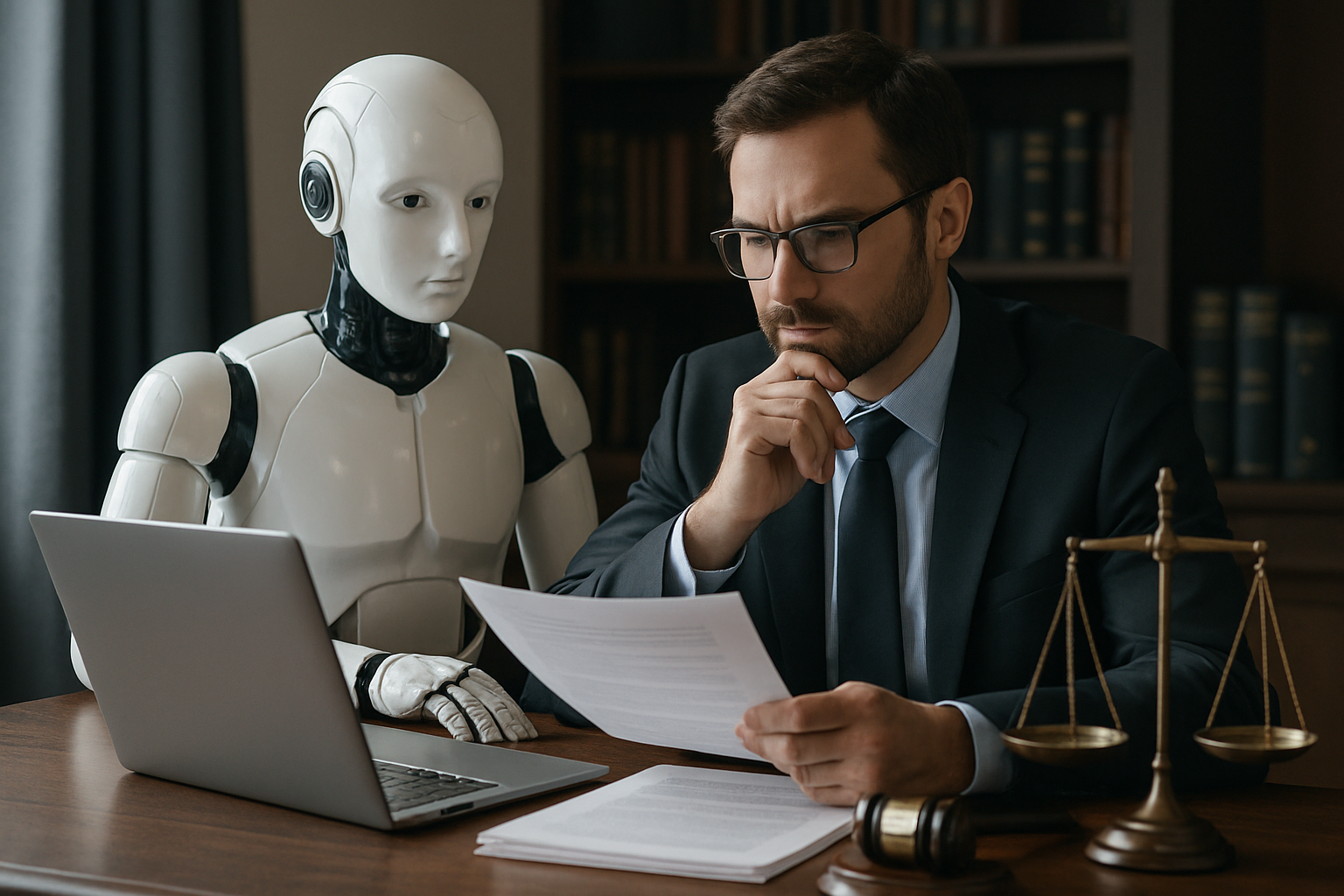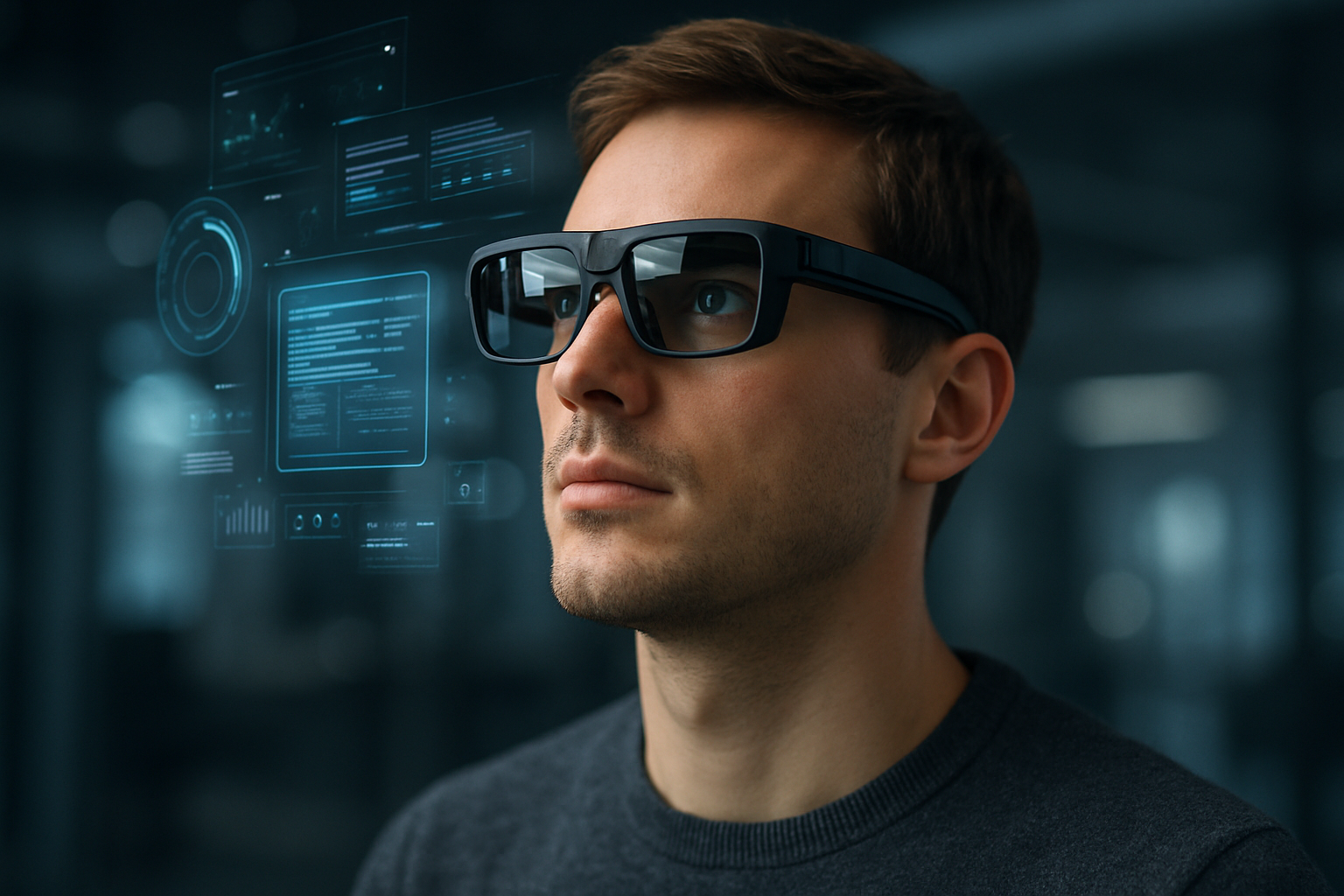A Comprehensive Analysis of the Legal Implications of Artificial Intelligence
In the dynamic world of technology, the rise of Artificial Intelligence (AI) has been transformative, presenting intricate legal challenges and questions. This article will delve into the broad legal implications of AI, examining its historical context, current legislative developments, and future societal impacts.

The Historical Context of AI and Law
AI has been a subject of fascination and speculation since the mid-twentieth century, and its influence has permeated various sectors, including law. Early discussions around AI and law focused on its potential use in legal research and decision-making, but as AI grew more sophisticated, concerns about its legal and ethical implications began to arise, prompting a need for legislation.
AI Legal Developments: A Current Overview
In recent years, AI has become a focal point in legislative discussions worldwide. In the European Union, the proposed Artificial Intelligence Act aims to regulate AI systems, categorizing them based on their potential risk to human rights. Meanwhile, in the U.S., the Algorithmic Accountability Act proposes that companies conduct impact assessments on high-risk AI systems.
AI and Intellectual Property Law
One of the most challenging legal aspects of AI is its intersection with intellectual property (IP) law. As AI systems become capable of producing creative works, questions about authorship and ownership arise. Current IP laws, designed for human creators, struggle to accommodate AI, leading to a growing call for reforms.
AI, Liability, and Tort Law
Liability issues present another legal challenge in the AI context. In cases where AI systems cause harm, assigning responsibility can be complicated. Traditional tort laws, which hold human actors accountable for negligence or misconduct, don’t neatly apply to autonomous AI systems. This has led to debates around the need for new liability frameworks for AI.
The Societal Impact of AI Legislation
The legal implications of AI extend into broader societal impacts. For instance, legislation that regulates AI transparency could influence public trust in AI systems. Moreover, laws governing AI use in employment or healthcare could shape societal norms and expectations around AI.
In conclusion, the legal landscape around AI is complex and rapidly evolving, presenting unique challenges and opportunities. As AI continues to advance, legal experts, lawmakers, and society at large must grapple with these issues to ensure a future where AI benefits all.




